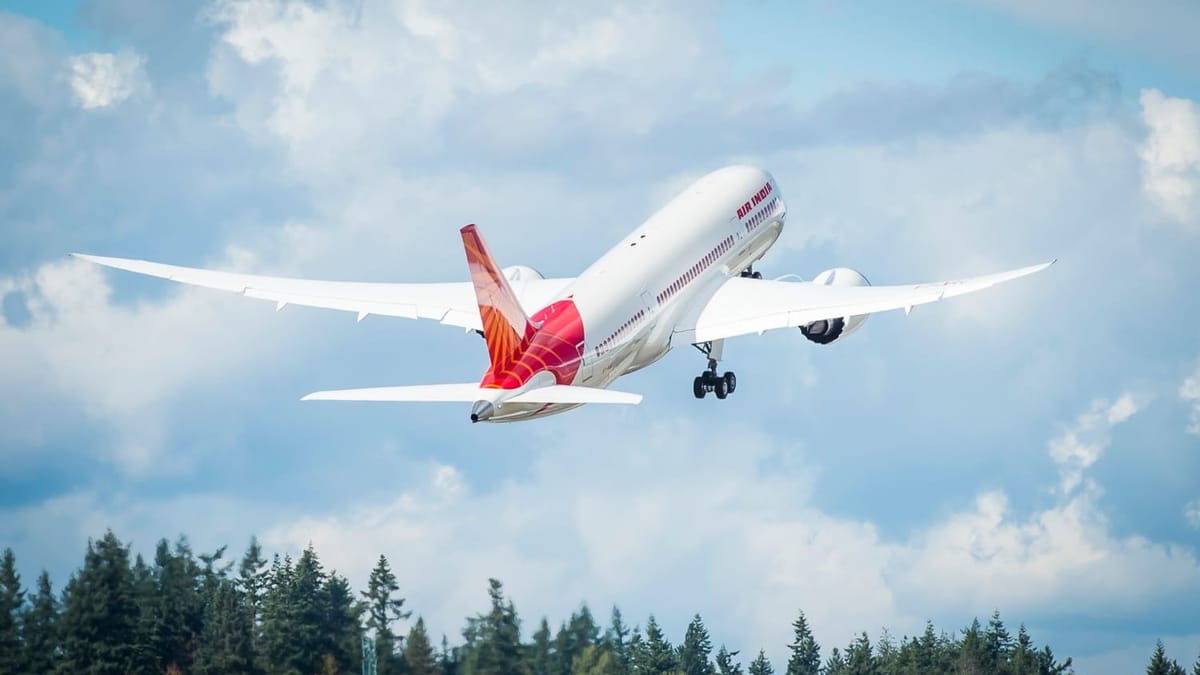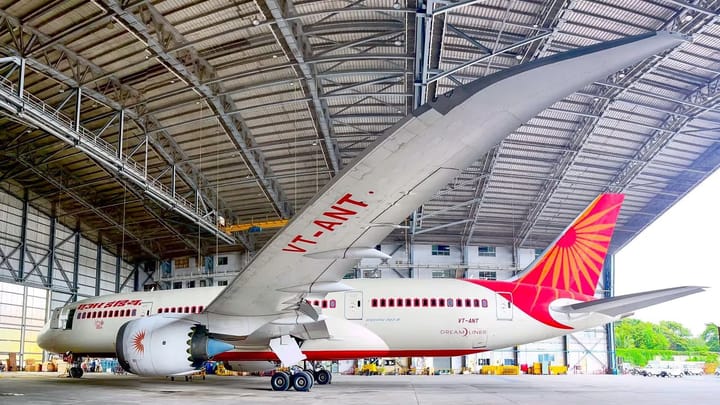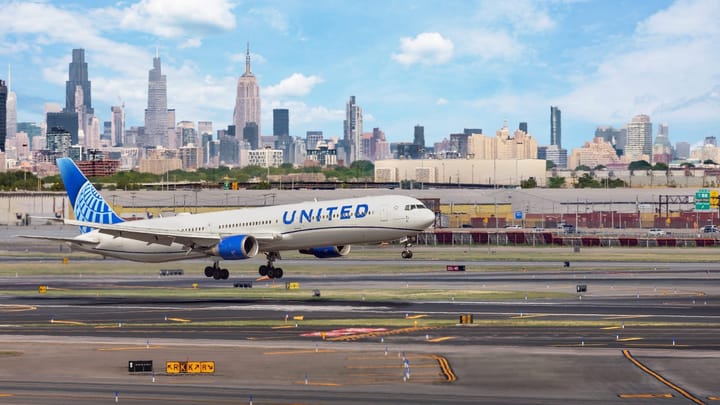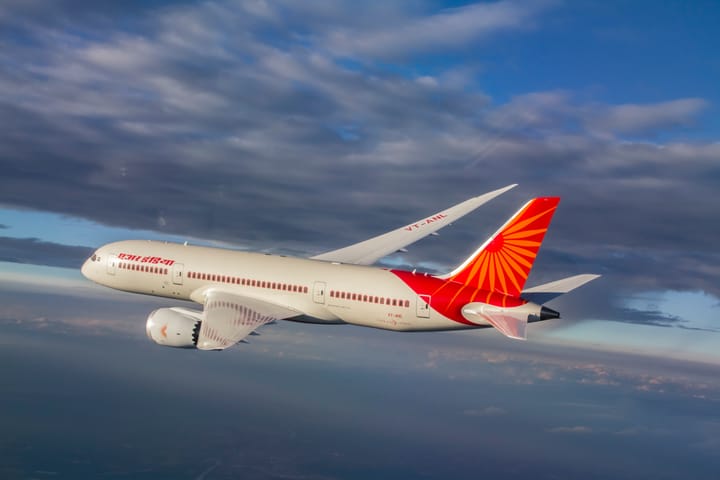Air India pleads for over $1 billion from Tata and Singapore Airlines
Air India's CEO previously admitted that 2025 would be a difficult year for the airline.

Air India has asked its shareholders, Tata Sons and Singapore Airlines, for over $1 billion in additional funding to address the airline’s issues, including the aftermath of the fatal AI 171 crash.
A report by Bloomberg, citing people familiar with the matter, detailed that Air India has asked its shareholders, Tata Sons and Singapore Airlines, for at least INR100 billion ($1.1 billion) of fresh funds. The cash injection would be used to improve the airline’s systems and build up its in-house maintenance capabilities, the report detailed.
According to India’s Directorate General of Civil Aviation (DGCA) latest records, by the end of 2023-2024, which ended on March 31, 2024, Air India’s operating loss was INR22.1 billion ($249.1 million).
When Singapore Airlines announced its Q1 FY2025/2026 results, the airline said that its quarterly net profit declined to $186 million due to lower interest income on the back of lower cash balances and interest rate cuts, with the company also recording a share of losses with associated companies, which it did not do in Q1 FY2024/2025. During the quarter, it recorded a $121.6 million loss associated with its 25.1% shareholding in Air India.
“[Singapore Airlines] remains committed to its multi-hub strategy and its participation in India’s large and rapidly growing aviation market through its 25.1% shareholding in Air India. Working closely with its long-time partner Tata Sons, the Group will continue to support Air India’s ongoing transformation journey.”
Speaking at Aviation India 2025 on October 29, Campbell Wilson, the Chief Executive Officer (CEO) of Air India, admitted that from a business perspective, this year “will be quite challenging” for the airline, yet the carrier is always looking for ways to improve itself, according to Reuters.
The two Air India financial indicators, provided by DGCA and Singapore Airlines, were for periods before the airline’s 787-8, registered as VT-ANB, crashed shortly after taking off from Ahmedabad International Airport (AMD) on June 12. Wilson said that the crash will only contribute to the carrier’s hardship during the year.
According to India’s Aircraft Accident Investigation Bureau (AAIB) preliminary report of the incident, the crash claimed the lives of 241 people on board the aircraft and 19 people on the ground. 68 people, including a single passenger traveling on the 787-8, escaped the accident with serious or minor injuries.
The preliminary report also detailed that several seconds after taking off, the Boeing 787-8’s fuel cutoff switches transitioned into the ‘CUTOFF’ positions. They were back at the ‘RUN’ positions around ten seconds later, with one of the pilots asking the other why they had moved the fuel cutoff switches. “The other pilot responded that he did not do so,” the report read.
Air India had temporarily slashed its long-haul route network following the fatal crash, suspending some routes and reducing capacity on others due to the airline’s voluntary “enhanced pre-flight safety checks,” as well as airspace closures in the Middle East.
The carrier, at the request of the DGCA, had also conducted one-off inspections of its 787s’ fuel switches. At the time, it warned that these inspections “could lead to higher turnaround time and potential delays on certain long-haul routes, especially those to airports with operating curfews.”

On October 31, Air India announced that as part of its $400 million effort to revamp the passenger experience on its legacy fleet, it had completed the cabin retrofit program on 27 A320neo family aircraft, including the A320neo and A321neo.
In addition to starting retrofits of its 787-8s in July, the airline plans to modernize 13 A321ceos starting in 2026 and 13 777-300ERs beginning in 2027. The latter should be done by October 2028, “with the timeline having shifted due to supply chain delays.”





Comments ()